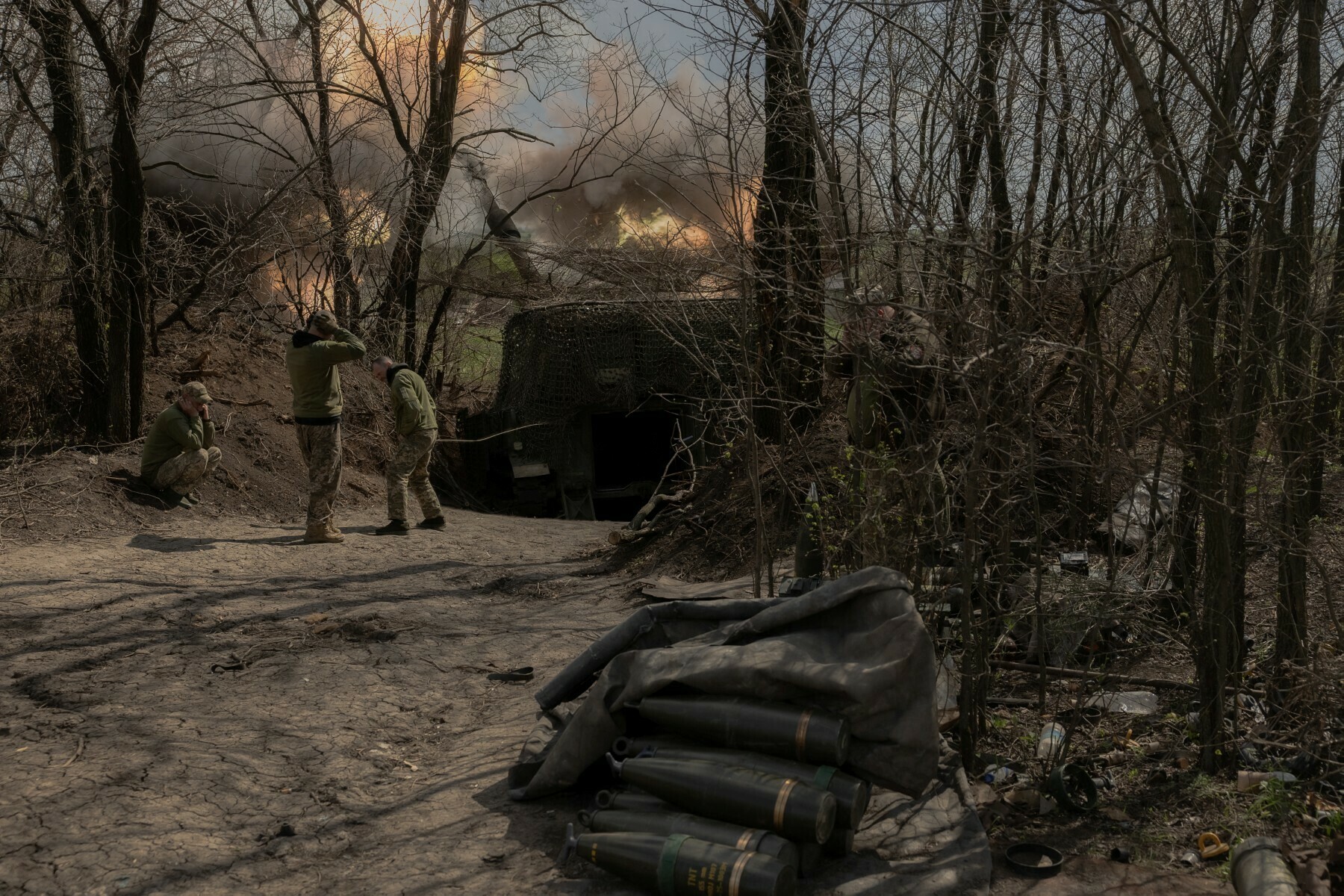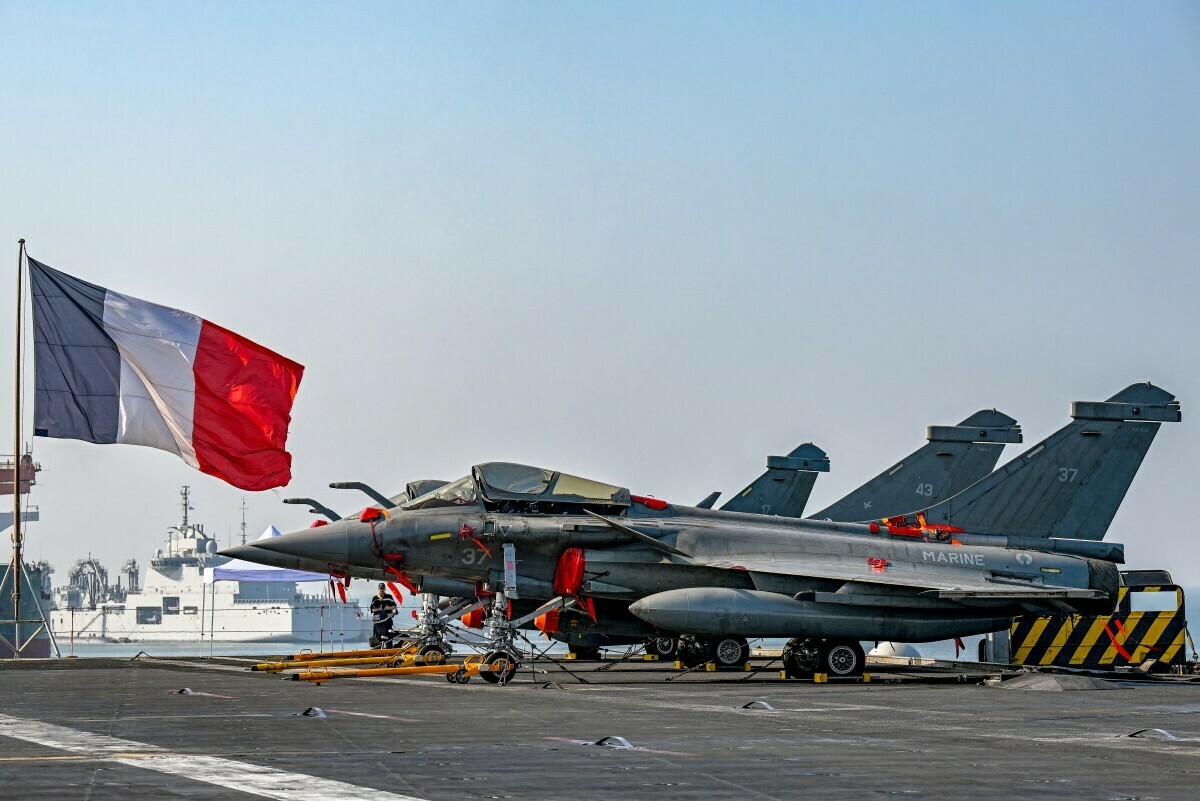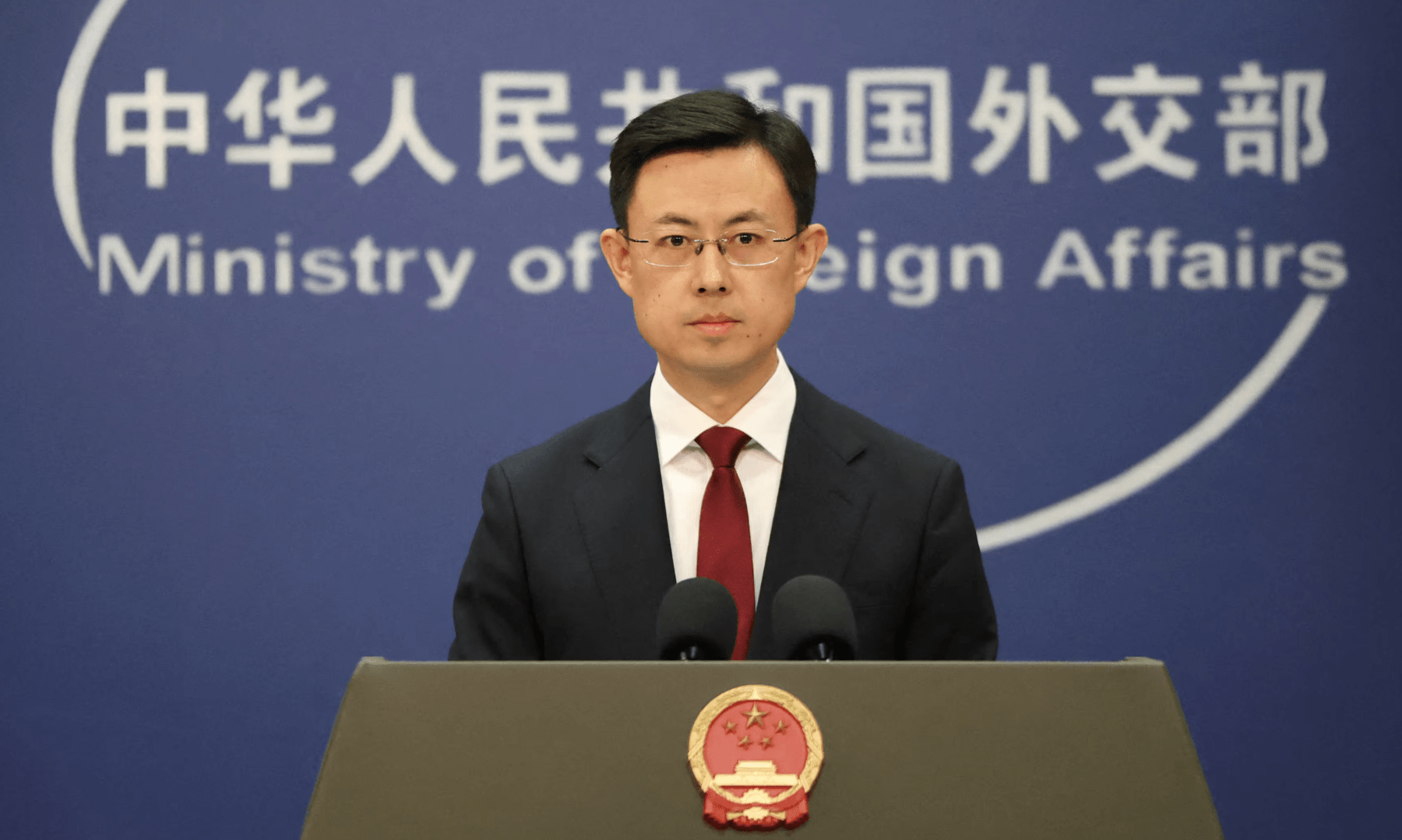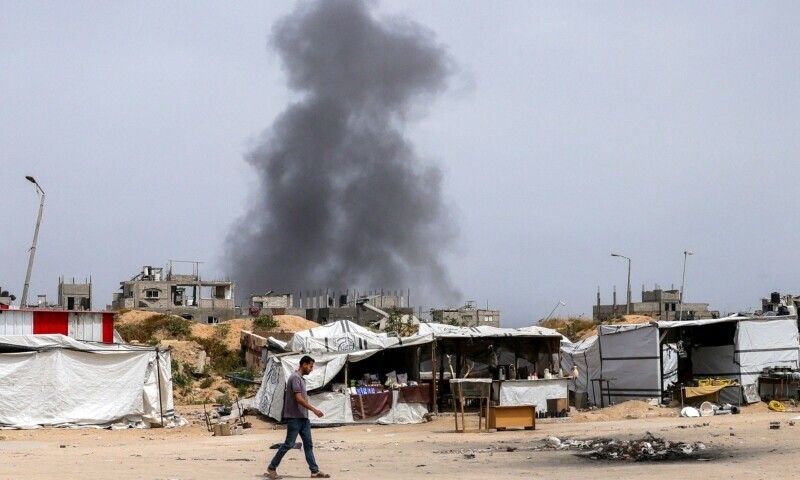WORLD NEWS
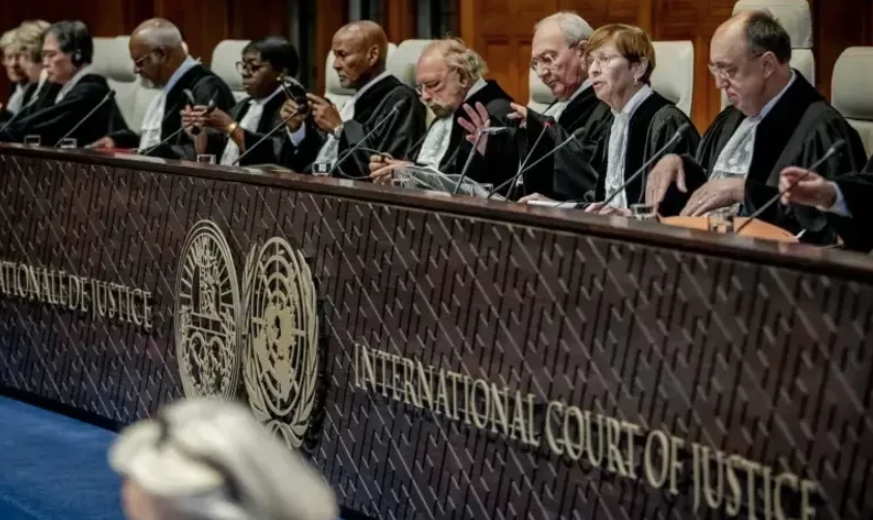
The International Court of Justice (ICJ) on Monday began hearing a major complaint filed by dozens of countries accusing Israel of blocking humanitarian aid to the Gaza Strip, allegedly in violation of international law.
According to international media reports, United Nations officials and Palestinian representatives accused Israel of deliberately preventing life-saving aid from reaching Gaza, describing the situation as a grave violation of both the UN Charter and the Geneva Conventions.
Humanitarian Crisis Highlighted
During the opening day of the trial, Palestinian representatives argued that Israel was using humanitarian aid as a weapon of war, leading to widespread hunger and starvation in Gaza. The court was informed that the blockade has severely worsened the humanitarian crisis, with millions now at risk.
The ICJ noted in its remarks that the situation in Gaza is "extremely worrying," particularly in light of a 15-month-long siege that has crippled the flow of essential supplies.
The Court said food and medical supplies for Gaza’s 2.1 million residents have been blocked, resulting in catastrophic living conditions. It emphasized that the blockade and attacks violate Israel's obligations under international law.
ICJ Calls for Immediate Action
In strong remarks, the ICJ called on Israel to:
- Fulfill its international obligations,
- End the ongoing siege,
- Halt attacks on Gaza,
- Open humanitarian aid corridors immediately.
The Court also highlighted that 90% of Gaza’s population has faced multiple forced evictions, while hundreds of checkpoints continue to obstruct Palestinians’ access to vital humanitarian assistance.
Background of the Case
The case at the ICJ focuses on Israel’s legal responsibilities under international humanitarian law to ensure that civilians in occupied territories have access to aid. It stems from growing global outrage over worsening conditions in Gaza amid continued conflict and the mounting death toll.
Next Steps
The proceedings are expected to continue in the coming days, with Israel likely to present its defense. Observers say the case could have significant implications for international law and future humanitarian interventions in conflict zones.

